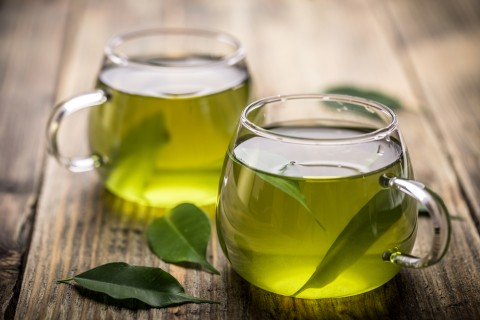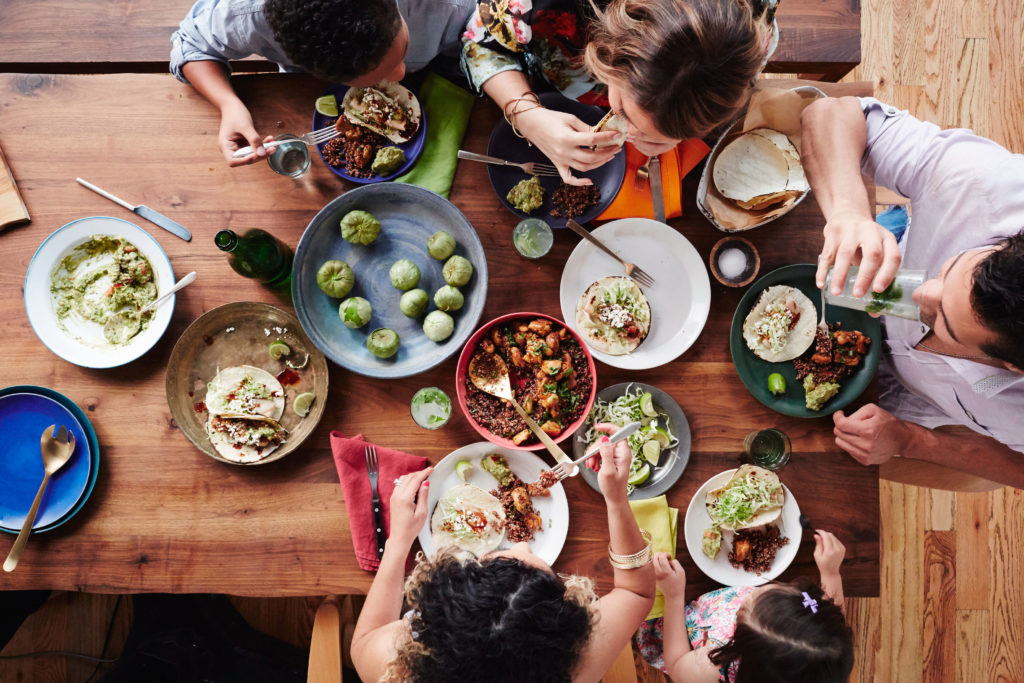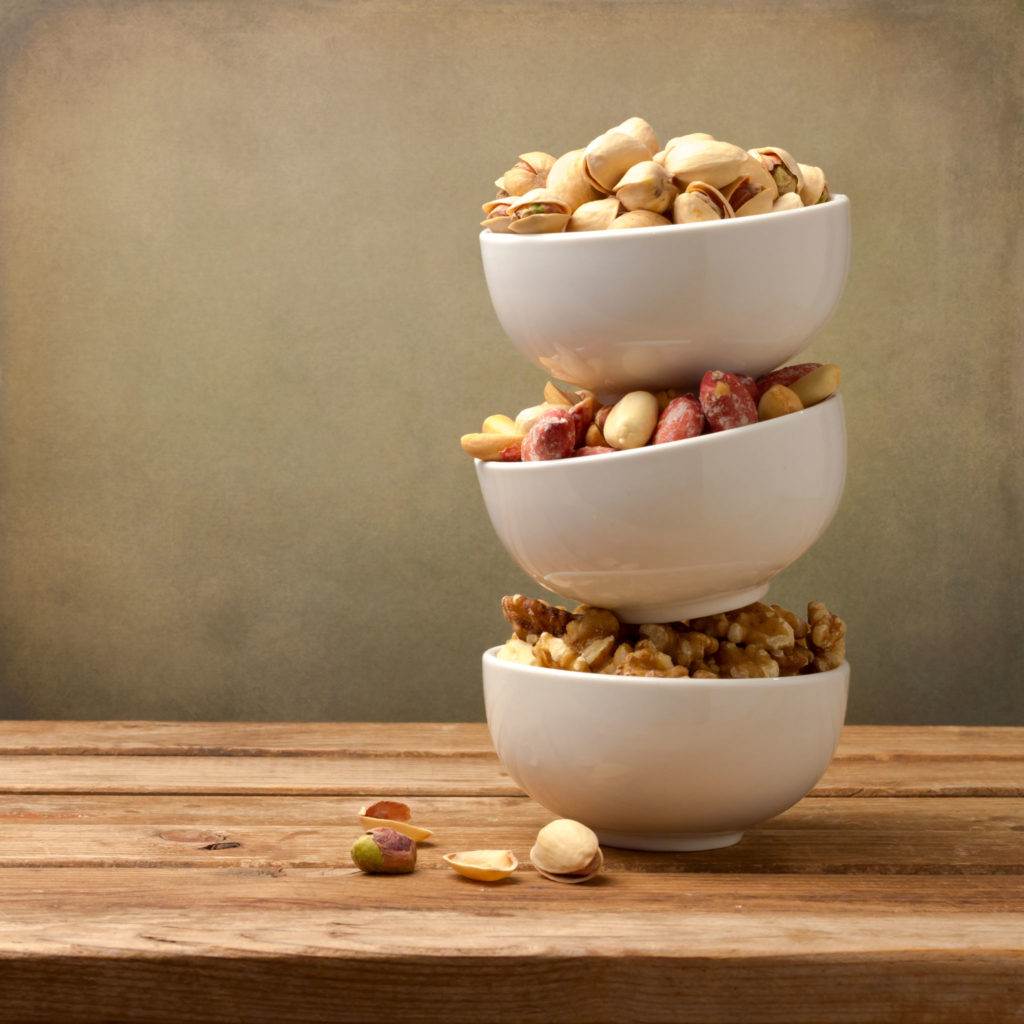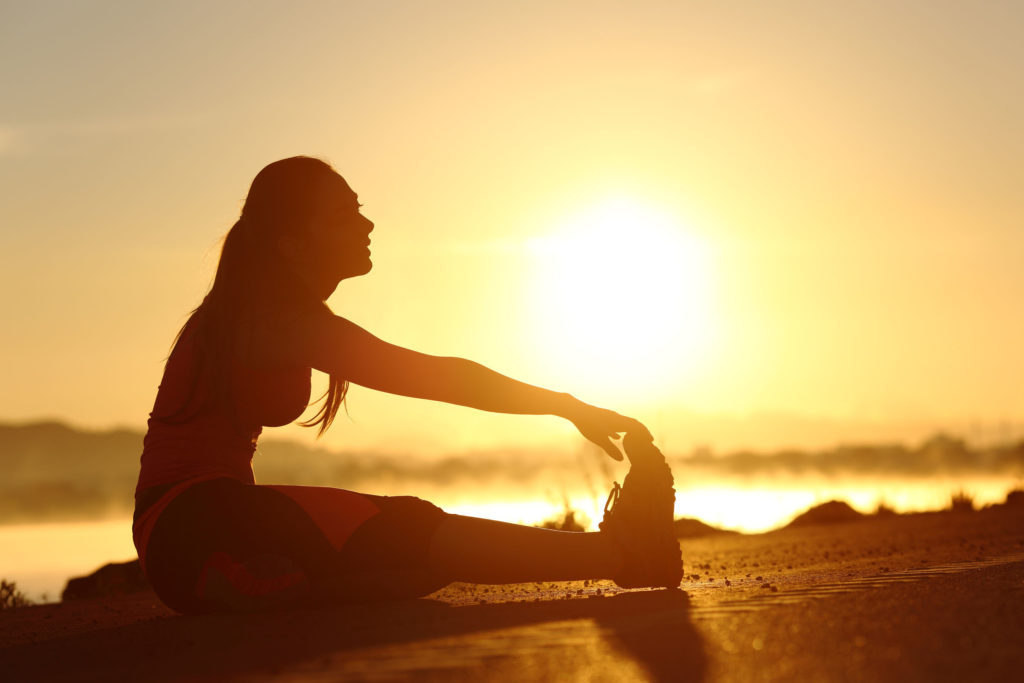
How sick is treatment going to make me? This is the most common fear I hear from patients beginning their cancer journey and definitely a fair question.
When you’re in the early stages you’re still trying to assimilate the reality of this diagnosis. You may not even know for certain what your treatment plan will be.
But if you’re considering chemotherapy, radiation, surgery, immunotherapy, or other targeted treatments you’re probably already starting to process the reality of the possible side effects from these various treatments; nausea, vomiting, taste changes, hair loss, fatigue, or even pain.
Not only are you afraid of what it will mean for you to feel sick or experience a change in your appearance, you’re also worried about how your family or friends will handle watching you go through it. You might also be worried about how you’re going to be able to keep working despite these side effects and if you can’t work what this will mean financially for you and your family.
These are real fears and shouldn’t be dismissed with just a “you’ll be fine” or “don’t worry about that now” because the truth is many people do experience side effects and they do impact how they feel, how their family copes, and if they’re able to continue working or not. They may even impact your ability to finish treatment.
How To Lessen The Intensity of Side Effects
What I want to share with you today are some tried-and-true strategies you can do to lessen the intensity of these side effects. The energy you put into your diet and your self-care will make ALL the difference in how you are impacted by treatment.
I have seen time and again the power of food, hydration, and self-care to help people get through treatment with little (to even on occasion no) side effects, with the most energy possible, and with many of my clients still able to work.
When my father was first diagnosed with cancer he completed the recommended 6 month course of chemotherapy; the standard treatment for his type of cancer. He was very worried that he wouldn’t be able to keep working. But I assured him that if he was willing to do everything I suggested that he would be able to work.
He was a very good patient. He did everything I recommended. He didn’t skip meals, he focused on nutrient & energy dense foods, he kept his hydration up, and he felt great! His energy was good, his appetite & weight stayed stable, and (most importantly for him) he was easily able to continue working.
Now just to show what a difference his actions made…..about half-way through the 6-month course he got a bit loose and backed off on the suggestions. Truth be told, he was feeling so good he didn’t think he needed to be so diligent. Sure enough within a week he was more tired, he didn’t feel good, and it was harder to be at work all day.
We quickly got him back on the “wagon” and before long he was feeling good again. It really did make that much of a difference for him. And it can for you too!
Let’s dive into my Top 5 Recommendations during treatment to keep side effects in check and keep you feeling as good as possible.
1. Hydrate

Most people don’t get enough hydration normally. An estimated 75% of adults in the United States are chronically dehydrated and that’s without any extra demands put on them. This might actually explain why so many people have sluggish detoxification pathways and digestive systems.
When you go through chemotherapy or radiation your hydration needs will be higher than normal. By making an effort to keep your fluid intake up you help your body detoxify and flush those medicines through your body, you keep tissues soft and hydrated, you keep your digestion moving, and believe it or not you actually keep your energy up too.
This strategy alone can make the biggest impact on how you feel during treatment. It’s also incredibly useful to continue this strategy following treatment to keep the body detoxing and to quicken recovery.
Anything decaffeinated will count…..water, spa water, herbal or green tea, broth, fresh veggie juice.
Your individual needs may vary but most people require ~8 cups (2 Liters) per day. So make sure you’re getting that much PLUS another 2-4 cups (½-1 Liter). A very useful guide is to monitor how often you’re urinating. Ideally you should be going to the bathroom at least once every 2 hours and your urine should be light in color.
2. Don’t Skip Meals

The next most important thing you can do is to not skip meals.
This one can be especially challenging if you’ve lost your appetite or are feeling nauseous, which often happens. You can’t always trust your internal cues for this one.
Not only is it important to keep eating because food will help your body heal, it will also help keep your energy & strength up, your weight stable, and (believe-it-or-not) will make you LESS nauseous.
I know……eating is the last thing you want to do when you’re feeling sick but an empty stomach is actually the worse thing for nausea. By keeping small amounts of food in your stomach, it gives the acid something to work on, and actually makes you feel better.
This rule applies to hydration too. If you’re feeling nauseous do not drink anything on an empty stomach; this can make the nausea worse. Instead, have a few bites of something starchy (whole grain crackers, bread, oatmeal, potatoes, etc) and then your fluids.
To help you meet this goal, I suggest setting an eating schedule, ideally every 2-3 hours if you’re not eating very much at any one time, and if you need it, use the alarm on your phone to help you remember that it’s time to eat. Even if you’re not hungry, commit to eating something; even if that means just a few bites of something.
By focusing on protein-rich and nutrient-dense foods FIRST, this will help you get the most out of every bite AND will help you get closer to meeting your needs by the end of the day. Your food is your medicine! Treat it as such and make meal & snack time non-negotiable.
There are also times when intermittent & timed fasting makes sense and can seriously boost your body’s ability to fight the cancer while protecting your healthy cells during treatment. Read more about Fasting & Cancer Treatment HERE.
3. Protein First (aka Make Every Bite Count)

In the “Don’t Skip Meals” tip I suggest focusing on protein-rich and nutrient-dense foods, especially if you’re not eating very much at each meal. This will help you get the most benefit from every bite of food.
Protein is a very important nutrient when it comes to maintaining energy and strength. Unfortunately though as you lose your appetite, the protein foods are often the first ones to not sound good. Consider that the traditional remedy for an upset stomach is plain crackers or toast not chicken or hamburger.
Another reason protein intake starts to decrease is because generally protein-rich foods require more prep or cooking time, which might just be the last thing you feel like doing when you’re not feeling good or your energy is low.
For this reason, I suggest keeping a list (maybe even post it on your fridge) of easy, grab-&-go proteins that you can choose from and make sure you’re fridge and pantry are stocked with these options.
What sounds good to eat will likely vary from meal to meal, let alone day to day, which makes it hard to plan ahead. When it’s “time to eat”, commit to choosing at least one high protein food on your list, and eating a few bites of the protein before eating any other elements of your meal. That way if you get full and can’t finish the whole plate, at least you managed to eat some protein.
Here are some examples of quick & easy proteins to keep on hand:
- Cans of Tuna, Sardines, or Salmon
- Hard Boiled Eggs
- Raw Nuts & Seeds
- Nut & Seed Butters
- Hummus
- Canned Beans
- Cheese or Cottage Cheese (organic, pasture-raised, & whole fat is best)
- Plain Greek Yogurt (Greek style yogurt is higher in protein than other varieties)
- Nut/Seed Bars (I like Kind or Lara bars)
- High Protein Drinks (I prefer Orgain or similar organic, whole food options)
4. Stay Active

When you’re not feeling good or are more tired than normal, doing some exercise is probably the last thing on your mind. But research suggests that exercise can be one of the quickest ways to both boost your immune system (super important in cancer recovery) and your energy levels.
This doesn’t mean intense exercise and even if you’re used to doing lots of exercise you will need to scale back. You’ll find that not only will you get tired more quickly but it can take longer to recover.
It’s a very delicate balancing act between raising energy versus losing energy. When you exercise too much this will actually work against you, so you need to pay attention to what amount feels right for you. This will likely vary from day to day.
Commit to getting at least 10 minutes or more every day; ideally outside if the weather permits. Walking is perfect but anything that sounds fun is great & is okay based on the treatment you’re receiving; biking, swimming, dancing, yoga, gardening, etc.
Choose a time of day where you typically feel the best and commit to squeezing in some activity during that time. I promise, you will quickly notice the difference in how you feel.
5. Make Time To Rest

The flip side to being active is resting and you will definitely need to make time to rest. You will get tired more quickly and if you’re not paying attention, you can easily push yourself too far and then feel exhausted.
Your energy level doesn’t always rebound either the next day. It may take several days to recover. Although you may be surprised by how good you do feel after adopting the above strategies, your body is still working really hard to heal and it will need more downtime then you may be used to.
First and foremost, make sure you’re getting enough sleep every night. This is the time your body uses to heal and repair (super important in cancer recovery).
You might also need to allow for a slower start to the morning or more breaks during the day. Allow for that. Be gentle with yourself and schedule in time for rest; time for a hot bath or massage or meditation. Whatever feels restorative and rejuvenating for you.
As my Dad experienced, when he started pushing himself more and letting go of some of the tips, he got really tired. This is a very common complaint that I hear. So let go of some of that to do list, delegate when you can, and take more time for self-care.
The Key to Cancer Recovery
Now is the time! The time to take care of you….ALL of you!
By being prepared, planning ahead, and adopting some simple tips you can absolutely get through your scheduled course of treatment with the best possible outcome. That’s the key, not just in how effective the treatment works, but also in how you feel.
By prioritizing your hydration, your meal times, the types of foods you’re choosing, and a good balance between activity and rest, you can get through treatment with the least amount of side effects possible. To help you choose the right foods during treatment, take the 1st Step by removing “The 4 Most Toxic Foods That Can Harm Cancer Recovery“.
And if you’d like a personalized plan to help you get through your cancer treatment with the least possible side effects and the best possible outcome, then book a free one-on-one call with me today!
